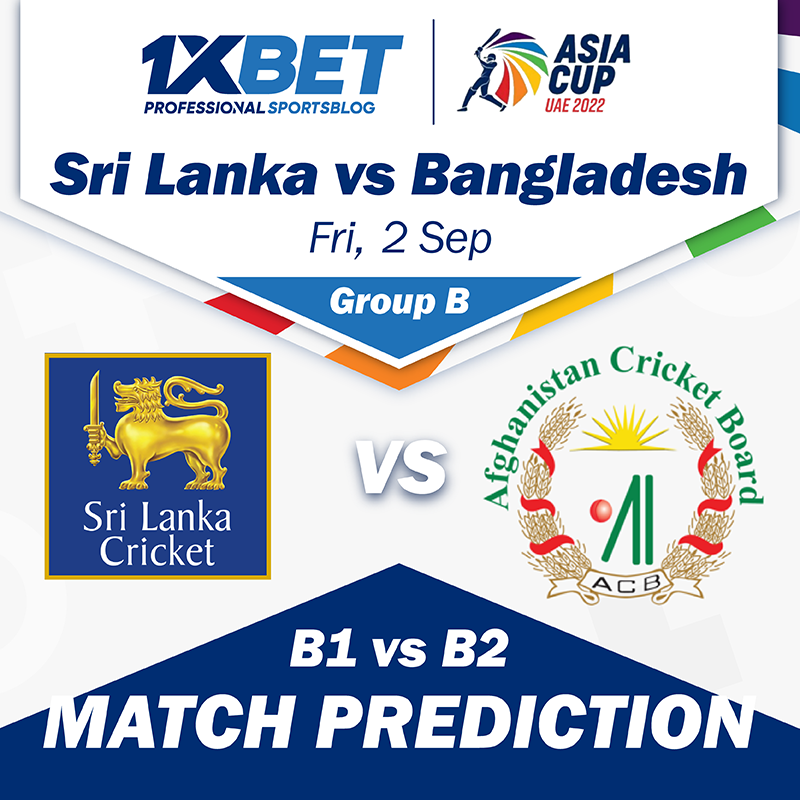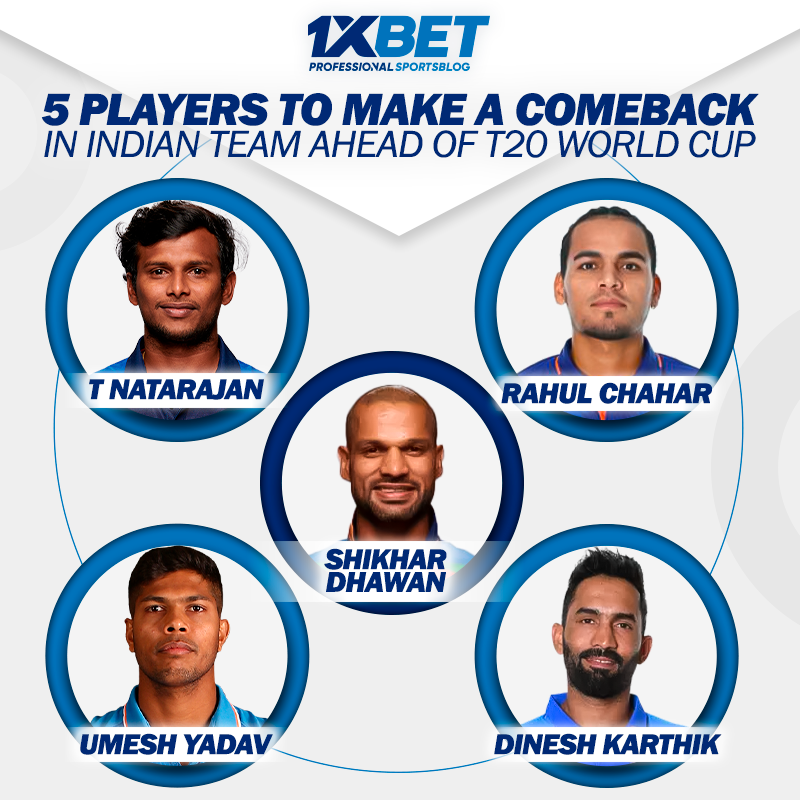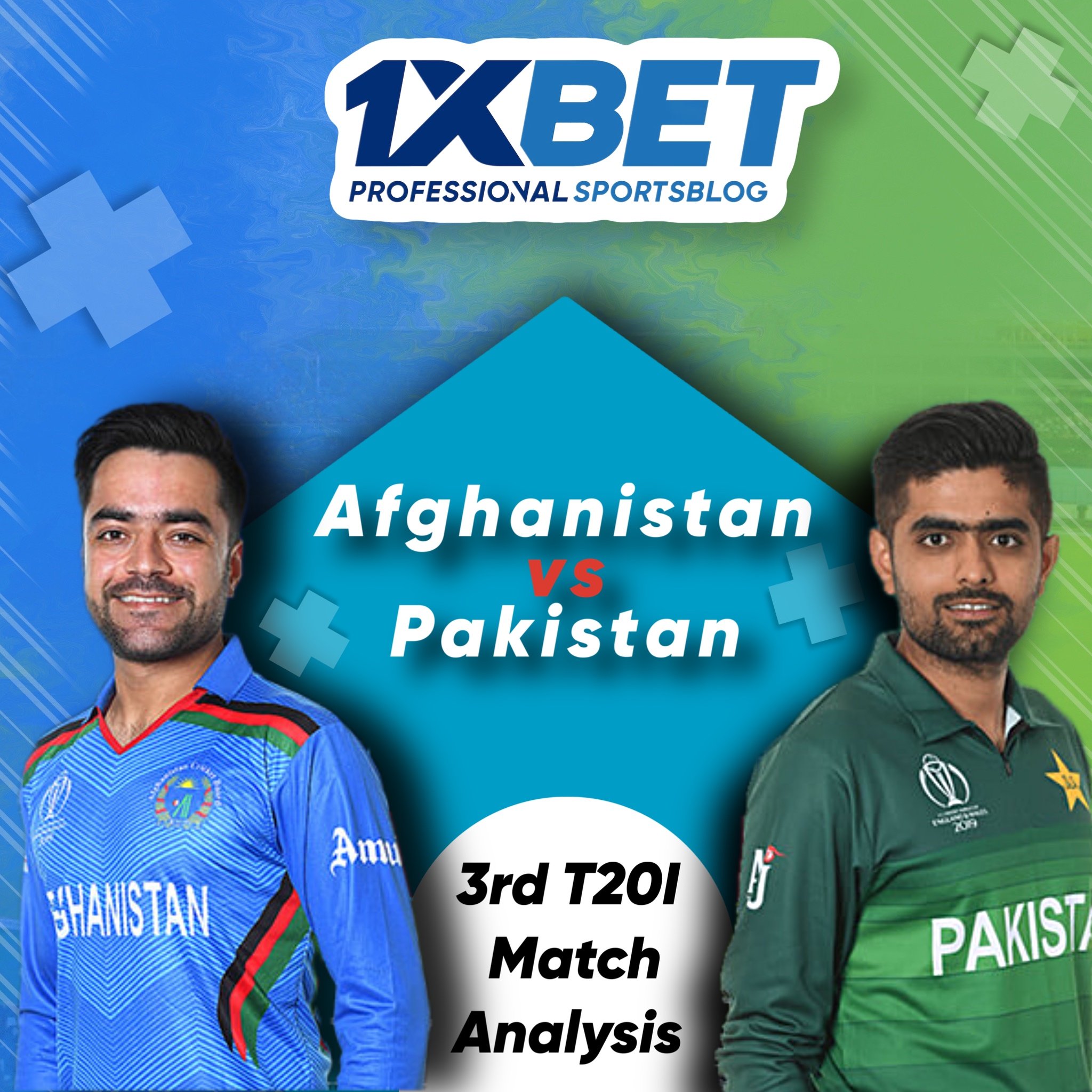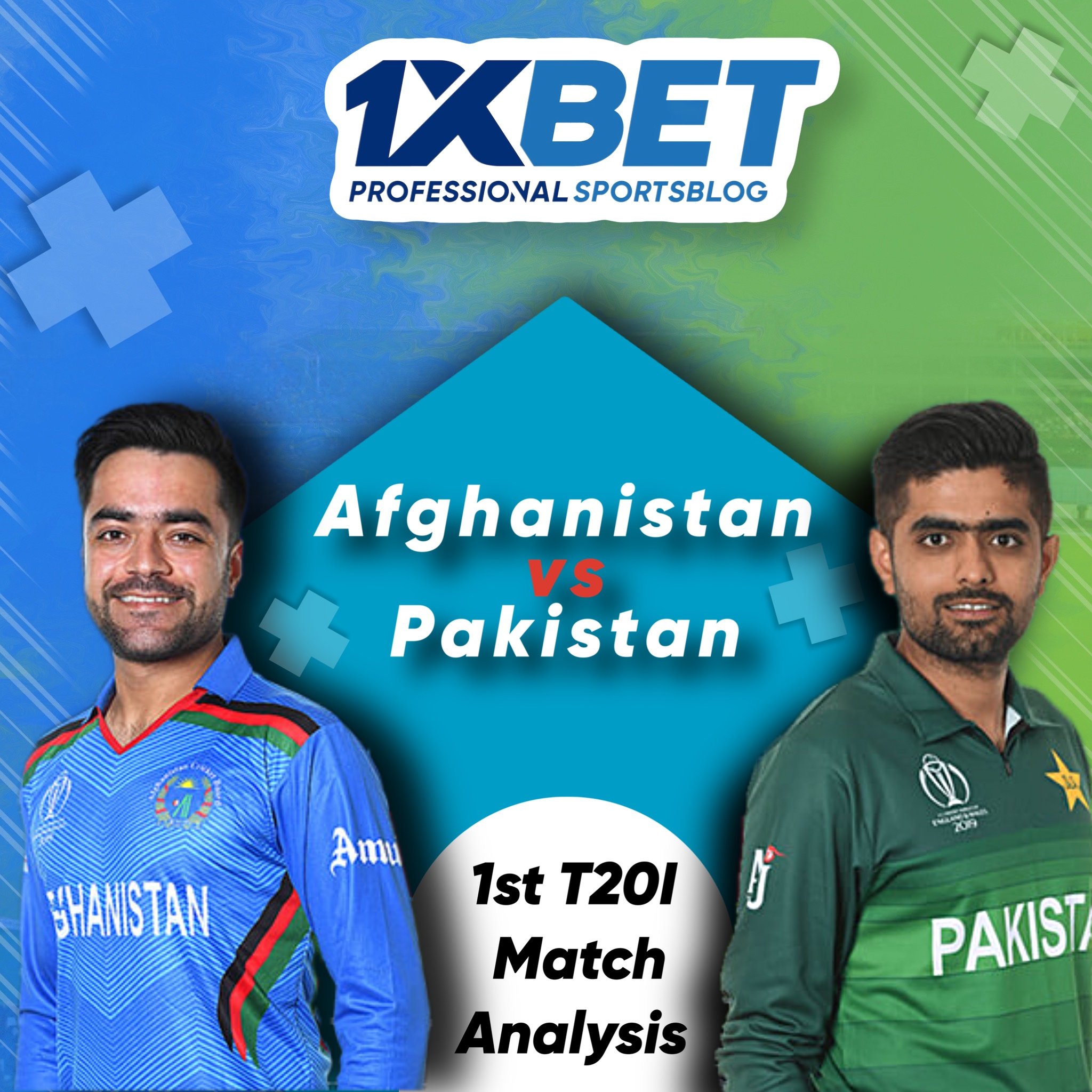Cricketing Roots: Uganda's Journey in the Global Arena

More so after their crushing loss to Afghanistan in a men's T20 World Cup match in Providence on Monday (June 3), Uganda's inaugural game as a national team at a global cricket event. Under the cosh for 14.3 overs while Rahmanullah Gurbaz and Ibrahim Zadran shared an opening stand of 154 at a strike rate of 177.01, Uganda recovered well to hold Afghanistan to a total of 183/5. But then they crashed to 58 all out in 16 shambolic overs. Only two of their batters reached double figures. Twice as many were dismissed for ducks.
Uganda's captain, Brian Masaba, looked and sounded suitably baleful when he told a press conference after the match: "It's a much higher level than we regularly play at, so we've got to step up our game by a long way."
Not many would have expected Uganda to win. But their utter uncompetitiveness, particularly at the batting crease, would have left their supporters disappointed. The day had dawned as one of the most significant in the country's sporting history.
Uganda has won 11 Olympic medals, four of them gold, in athletics and boxing. But they have never been to a football World Cup, nor to any others save for the netball and sevens rugby versions. To reach the grandest stage in T20I cricket was their greatest achievement in team sport. To play so far below themselves despite getting there—or perhaps because of doing so—would not have sat well.
"It was a special moment for us, hearing our national anthem and seeing our flag at the World Cup," Masaba said. "It's something I will cherish for the rest of my life. As it was our first game, there were a lot of nerves. So it was good to get that out of the way."
Even so, a poor performance doesn't indicate a lack of roots in cricket, which has been played in Uganda for around 120 years. British colonists brought the game to the country at the turn of the previous century, and the national men's team first played in 1914. In Nairobi in September 1958, an East Africa XI formed of players from Kenya, what was then called Tanganyika—now Tanzania—and Uganda took on a South Africa side captained by Basil D'Oliveira.
East Africa played in the inaugural World Cup in England in 1975, and in the 1979, 1982, and 1986 editions of what was the ICC Trophy and has become the World Cup Qualifiers. In 1990, 1994, and 1997, players from Malawi, Tanzania, Uganda, and Zambia were combined into an East and Central Africa team who featured in the ICC Trophy. In the 2001, 2005, 2009, and 2014 versions of that tournament, Uganda extracted themselves from all that cricket by committee and played under their own flag.





